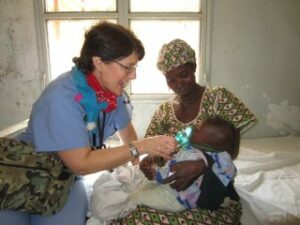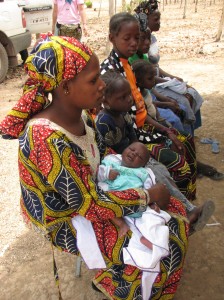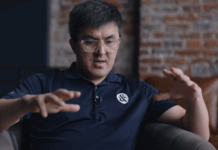By Mark Ellis

As troops from France and Chad pushed their way into the last major city in northern Mali, critical Christian aid efforts have been hampered throughout Mali by a climate of violence and instability.
“I wish I knew what is going on,” says Laura Delaney, medical coordinator with Medicines for Mali. Her organization works closely with Blessings International to deliver medical aid to poor villages in Mali, primarily in the south.
Delaney intended to deliver vital medicines to Mali at this time, but her plans changed after a Frenchman was abducted near Bamako. “That was our cue to pull out, for our safety,” she notes.

Roughly 1,800 Chadian troops recently secured Kidal city in northern Mali, and a contingent of French troops were holding the Kidal airport so that they can bring in more forces, a French military official stated Tuesday.
The French-led intervention against Islamist fighters began almost a month ago and pushed rapidly into Mali’s north. Some fear the region could become a haven for international terrorists.
Medicines for Mali was inspired by the vision of Dr. Steven Devore, who spent several years traveling to Mali to deliver medical aid and consult villagers on their agricultural practices and sanitation. “He saw how destitute the people were, living on the edge of life,” Delaney notes.
After Dr. Devore passed away, others carried on where he left off. “In his honor, we chose to proceed with his dream to help the people,” Delaney says. In the last five years, Delaney has spent three weeks serving poor villages in southern Mali.
In the region of Nanakieneba, eight large villages received deep-water wells since 2000. Access to clean water has led to improved health in each of the villages they serve.
“We’re also providing micro-finance loans, offering immunization programs, helping young women in school, and teacher training,” Delaney says.
Access to communication is spotty in the villages they serve. “The sad part is they don’t have a sense of what is going on, except that we’re not coming,” Delaney observes. “They fear we will not come back, but we reassured them we will return when it’s safe.”
“It’s heart-wrenching not to go,” she says. “Medicine is in short supply.”




Comments are closed.